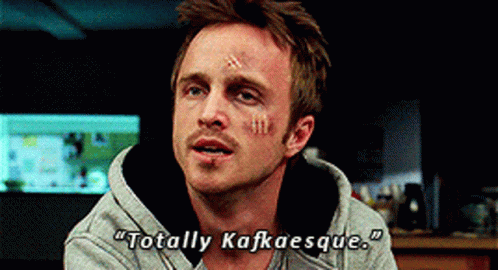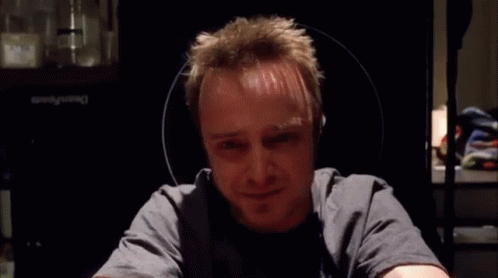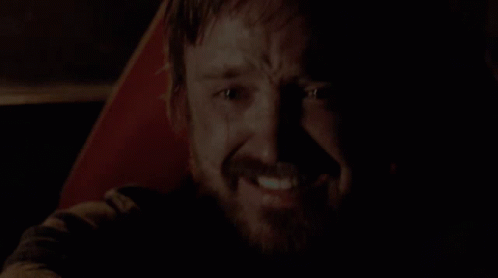The Alchemist’s Apprentice: The Transformation of Jesse Pinkman in Breaking Bad [II]
“What is that you express in your eyes? It seems to me more than all the print I have read in my life.”
If Walter White is a dark alchemist, Jesse Pinkman is his unrefined material, the raw, volatile substance he’s constantly trying to bend, change, and control.
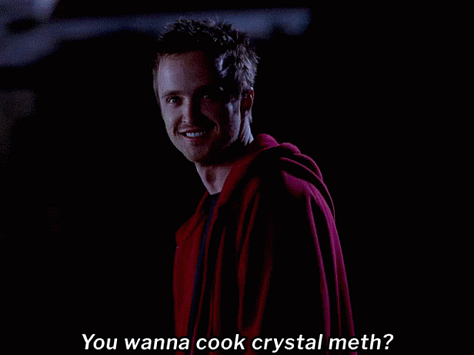




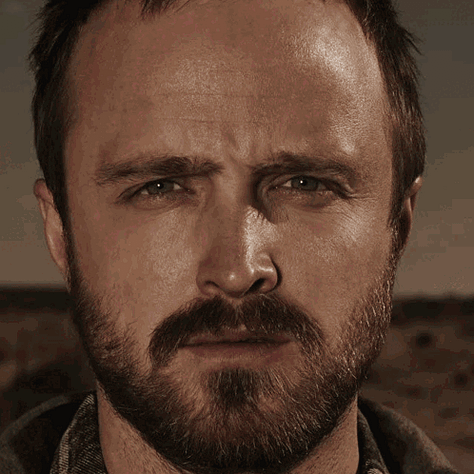

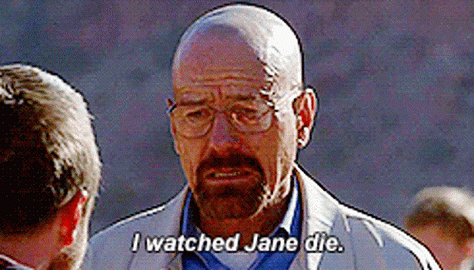

Over the course of the shows five seasons, Walter steps into his power methodically, moving through his own alchemical transformation from teacher to Heisenberg, but it’s Jesse who bears the brunt of that transformation, pulled along as both pawn and witness to Walt’s slow descent into his truest, darkest self.
It’s a sick symmetry.
Walter White is the INTJ-A, “The Architect.”
If you know the type, you know what this means: INTJs are the master planners, visionaries who don’t just see the world—they see through it, seeing patterns where others see walls.
They’re the kind of people who believe they’re above the rules, that the world is a game they were born to outwit.
Think Hannibal Lecter, Moriarty, Tywin Lannister.









But Walt?
He’s all of them wrapped into one, given the most dangerous weapon of all: desperation.
Cancer didn’t make Walt evil; it just pulled the mask off.
Beneath the chemistry teacher and family man, he was always simmering with unspent rage, ambition, and ego—an architect of his own undoing, just waiting for the right catalyst.
As Carl Jung would say, “Until you make the unconscious conscious, it will direct your life, and you will call it fate.”
Walt’s transformation wasn’t fate; it was a suppressed reality surfacing, the blueprint he’d buried within himself finally coming into view.
Jesse, on the other hand, is the bleeding heart of an ISFP, pure impulse and emotion. Where Walt plans, Jesse reacts. Where Walt intellectualizes, Jesse feels, dragged through the emotional underworld Walt wants nothing to do with.
This is the essence of their conflict:
Walt sees himself as a creator, Jesse as his creation, molded and twisted to serve his purposes. But Jesse’s humanity, his vulnerability, his desperate need to believe in something, makes him impossible to fully control.
And that infuriates Walt.
In the ancient stages of alchemical transformation, Walt’s progression from the blackening of nigredo to the final stage of rubedo leaves Jesse behind, stuck in a painful purgatory between hope and despair.
Jesse’s soul—the prima materia Walt believes he can reshape—refuses to take the form Walt wants. He isn’t metal to be smelted or lead to be turned into gold; he’s a wounded soul, living the agony of someone who can’t reconcile himself with the ugliness of the world he’s part of.
Jesse keeps breaking, keeps trying to find something to cling to, whether it’s love or loyalty, but everything he touches crumbles.





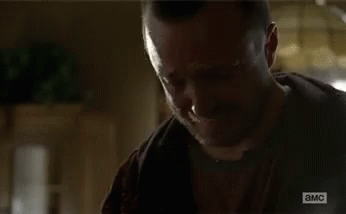

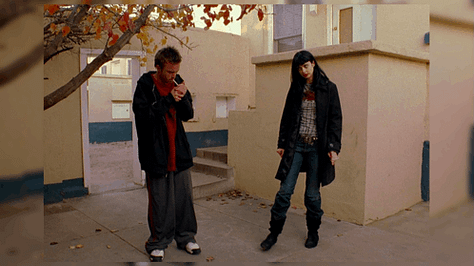

And every time, Walt is there to exploit his pain, to manipulate it like a chemical reaction, bending it to his will.
Walt’s coldness and Jesse’s warmth are incompatible elements, and the more Walt tries to forge Jesse into a weapon, the more Jesse resists, refusing to lose the pieces of himself that make him human.
This power dynamic becomes a kind of personal mythology, a twisted parody of the master-apprentice archetype. Walt may view himself as a “father figure,” but it’s a lie as transparent as everything else about him. He doesn’t want to guide Jesse; he wants to consume him, to turn Jesse’s loyalty into fuel for his own ambitions.
And Jesse knows it, even if he can’t fully break free and acknowledge it.
In fact, it’s Jesse’s loyalty, his need to believe in someone, that Walt uses most ruthlessly, like a weapon turned back on its owner.
Every time Jesse tries to escape—every time he tries to rebuild himself, to separate from Walt—Walt reels him back in, twisting his love and his desperation, twisting him, in a constant, corrosive cycle.
Jung would say Walt and Jesse represent two halves of a fractured psyche: the calculating mind and the emotional soul, the alchemist and the material.
Walt is the shadow side of the self, the side that would rather burn the world down than admit weakness. He transforms Jesse into his Shadow, a projection of everything he rejects in himself: love, vulnerability, guilt.
Walt’s contempt for Jesse’s feelings is a reflection of his own fear of feeling, a fear that drives his transformation.
The irony is that while Walt thinks he’s building himself into an unbreakable archetype, he’s actually hardening his humanity into something brittle, something that eventually shatters him.
And Jesse—broken, bruised, but still rawly, messily human—is the proof that no matter how much Walt tries to sever himself from the world, his actions and choices haunt him, bleeding through in every way Jesse suffers.
Jesse’s torment is a constant reminder that Walt’s Great Work isn’t just the meth, the empire, or the name “Heisenberg.”
The real alchemy is psychological, and it’s Jesse who suffers every stage of that transformation, forced into Walt’s inferno, pulled apart at the seams as Walt tries to turn him into something he’s simply…not.


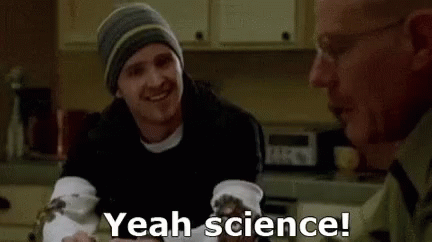






In this dynamic, Walt is the creator who takes and takes, but Jesse, the reluctant “creation,” keeps resisting, unable to fully lose his own soul, even as Walt’s darkness poisons everything he touches.
Their bond becomes a sort of cursed alchemical process in itself.
Walt wants Jesse to be a weapon, but Jesse simply won’t break that way.
He’s the human material Walt can’t quite destroy or purify.
Jesse is Walt’s conscience made flesh—a painful reminder of all he’s sacrificed and left behind.
Every time Jesse suffers, it’s Walt’s twisted, dark reflection in the mirror, a haunting vision of the humanity he’s buried so deep he can barely recognize it.
As Walt reaches his final form, Jesse is left a shell, broken but human, a scarred reminder that in the alchemy of self, not all transformations lead to gold.
And if Walt’s story warns us of anything, it’s that power without empathy, mastery without connection, can only lead to ruin.
Walt’s final creation—the myth of Heisenberg—is a hollow triumph, an empire built on pain, betrayal, and blood.
And Jesse, wounded but alive, is the paradox that Walt could never fully grasp: the man who survived, scarred but still human, the proof that even when the alchemist’s fire burns everything away, some sparks of humanity refuse to die.


